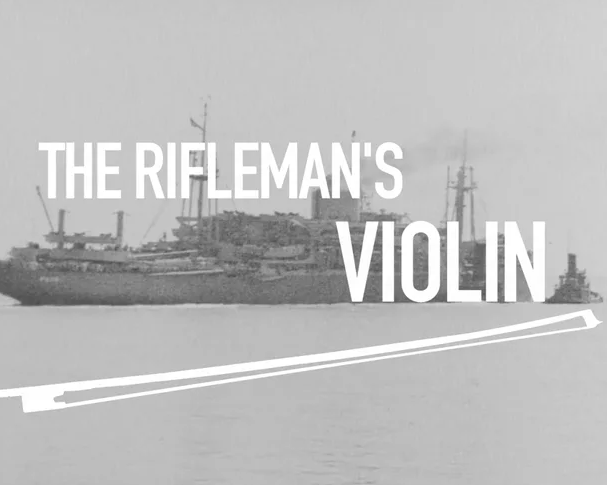Overture to the Cold War
A multimedia experience revisiting the Potsdam Conference
Between July 17 and August 2, 1945, near the end of World War II, President Harry Truman, Prime Minister Winston Churchill, and Premier Joseph Stalin, leaders of the three Allied powers, met in the Berlin suburb of Potsdam to discuss implementing Germany’s May 8 surrender.
This multimedia website, a companion to a Stuart Canin archive at the Hoover Institution Library & Archives, provides a record of a special event at Stanford University’s Bing Hall revisiting the Potsdam Conference seventy years later. We invite you to explore the Potsdam Conference from the diverse perspectives of scholars Norman Naimark, Scott Sagan, George P. Shultz, and violin virtuoso Stuart Canin, who performed a private concert at the first and only meeting between Truman and Stalin.
We invite you to experience the Potsdam Conference from the perspectives of Stanford University scholars Norman Naimark and Scott Sagan, and from the perspectives of two men whose lives were significantly affected by Potsdam: a young GI named Stuart Canin, who played a private concert at the conference and went on to become one of the great American concertmasters of his generation, and a young marine officer who would go on to become the sixtieth US secretary of state, George P. Shultz.
In July 1945, George P. Schultz was a young marine officer who had fought in the Pacific and was in the process of shipping out to Japan. Stuart Canin was a nineteen-year-old army rifleman deployed to the Eastern front in May 1945 when Germany surrendered. Canin expected to be deployed to Japan that summer; what happened to him instead is told through a short film directed by Sam Ball. A panel discussion with the Honorable George P. Shultz and Stuart Canin also includes two of Stanford’s preeminent scholars who will discuss the political, historical, and moral dimensions of the Potsdam meetings: Norman Naimark, an expert on Soviet and European history, and Scott Sagan, an expert on international security and nuclear weapons. Finally, you will hear Stuart Canin perform the musical program he played at Potsdam on July 19, 1945. The brilliant pianist Helene Wickett will accompany him, taking the place of the late army sergeant Eugene List, who played that evening.
This diverse program is intended not only to educate and entertain but also to challenge what the leaders should have done differently. Would Churchill have been able to curb Stalin had he not been voted out of office? Did Truman’s idea of bringing music to Potsdam make any difference? Was Truman justified in deciding to use two nuclear weapons on civilian populations? This online publication is made possible by the performers, Citizen Film and its staff, Eric Wakin, head of the Hoover Institution Library & Archives, Jonathan Berger, chair of Stanford’s Music Department, and the contributors listed on the About page of this site, most notably the Hewlett and Koret Foundations. The videos on this site make the content of the November 19, 2014, special event at Stanford University’s Bing Hall, as well as additional images and music, available for the benefit of scholars and future generations. Much of the original content on this website will soon comprise a physical archive at the Hoover Institution Library & Archives, where scholars will be able explore many of the documents on this website firsthand.





